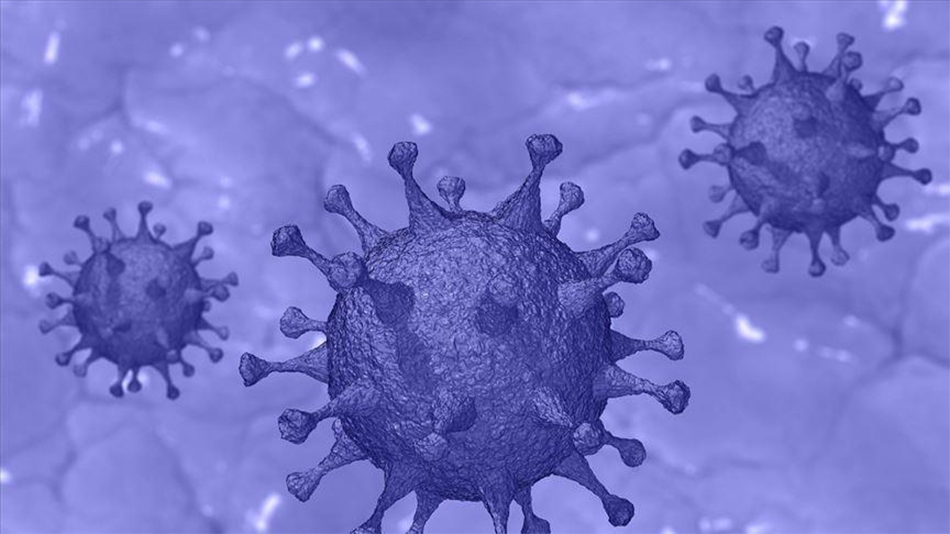Understanding the New Variants of Covid-19

It’s been more than a year and the world continues to battle against Covid-19. Pharmaceutical companies produced several vaccines in record time in China, United States, United Kingdom, Russia, and India. Clinical trials were fast-tracked.
That is an amazing feat considering that it usually takes 10 to 15 years to develop vaccines while clinical trials can take a few years/ Phase 1 takes several months, while Phase 2 can take anywhere from two to four years. Phase 3 usually takes between one and four years. There’s still Phase 4 after the FDA approval.
Do you see the extent of the work the scientific and medical communities did?
Race against time
While the rollout of the vaccine started, something else happened. New variants of Covid-19 developed. Now the world has to battle against the original Covid-19, plus the UK, Brazilian, and South Africa strains. Vaccine developers now have their work cut out for them since they have to check if the vaccines they created can be efficient against these strains.
The healthcare community is racing against time to find if the current vaccines have enough efficacy against the new strains, which are deadlier and infect people faster. Other pharmaceutical companies are already conducting studies to tweak their formulation to ensure that the efficacy will cover the original and the new strains.
Findings of a virologist
In Australia, researchers noticed that the SARS-CoV-2, which is the virus causing Covid-19, could escape hotel quarantine several times. This is alarming because the people concerned are those that are infected by the new Covid-19 variants.
How do you define a variant?
It is important to note that a virus cannot replicate and spread by itself. It can only do that if there is a host and use the host’s cells to reproduce. As the virus duplicates, it can also duplicate the genetic material of the host. The process of replication is not standard and may be erroneous, thus the new virus is not the exact copy of the original.
In scientific terminology, the error is called a mutation, and the virus with such a mutation is called a variant. The biological properties of the mutations are not affected, meaning that the way the virus causes disease and how it replicates did not change. But some mutations make the ability of the virus to transmit and replicate less effective, causing the variants to disappear.
But some variants become better at replicating and transmitting. Likewise, they are adept at evading the immune system of the human body. There is a possibility that they can be the dominant strain after some time. And the new variants belong to this group.
Therefore, it is important to understand them.
Understanding the new variants
B.1.1.7 (UK variant)
Around the end of 2020, the B.1.1.7 variant was first discovered in the UK. It has several mutations, most of which involving the spike protein of the virus. It quickly spread all over the UK and about 70 countries. It quickly became a dominant variant, overcoming several other variants.
In the studies conducted by scientists, they found that the mutation of the spike protein of the variant they call N501Y increase the binding of the virus to ACE2, a receptor found on the surface of different cells in the human body.
B.1.351 (South Africa variant)
This variant was discovered earlier than the UK variant. The New and Emerging Respiratory Virus Threats Advisory Group (NERVTAG) declared that they are moderately confident that the variant is more infectious than the other new variants. Again, the B.1.351 variant is associated with the N501Y spike protein. The South African variant contains other mutations, with the K417N and E484K earning extra concern from scientists.
P.1 (Brazilian variant)
In January 2021, the P.1, the Brazilian variant, was first discovered in Japan. They suspect the variant came from Brazilian travelers. Today, it is the prevalent variant in the Amazonas. There are already infected persons in the United States and South Korea.
The Brazilian variant contains several spike protein mutations. Of special concern is the presence of N501Y, K417N and E484K. Scientists believe that the P.1 variant causes reinfections in Manaus.
Scientists declare that the current data available cannot give solid conclusions about the variants. They say that they will continue to study them.
Efficacy of the current vaccines against the variants
According to studies, the current vaccines available are effective against B.1.1.7. However, in phase 2 and phase 3 data from Johnson & Johnson and Novavax, their vaccines have reduced efficacy against the South Africa variant or B.1.351. The lowest protection level among the vaccines comes from AstraZeneca.
But take note that even less protection means that you are protected against the virus, including the new variants.

Some good news
The scientific and medical communities are not resting, and are all busy looking for ways to fight the pandemic. At the University of Southern California (USC) Viterbi School of Engineering, researchers have developed a new system to counter the mutations of coronavirus with the help of artificial intelligence. The method will help to make vaccine development faster.
The machine-learning system can quickly analyze the likely mutations of the Covid-19 virus and identify the most appropriate medical therapy to prevent the development of a variant. It will shorten the vaccine design cycle from months or years to a few minutes.
They applied the computer model to SARS-CoV-2, which identified 26 possible vaccines. Out of the 26, the system identified the best 11 vaccine candidates they can use to develop a multi-epitope vaccine that can target the coronavirus spike proteins that it uses to bind and penetrate the host cell in humans. A multi-epitope vaccine can break up the spike protein and neutralize its replicating ability.
Their study can help in the development of a universal vaccine against Covid-19.